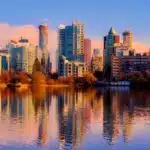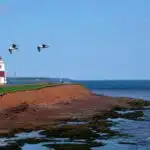Gros Morne National Park, located on the west coast of Newfoundland in Canada, is a UNESCO World Heritage site celebrated for its breathtaking landscapes, diverse ecosystems, and geological significance. The park’s dramatic cliffs, fjords, and pristine wilderness offer visitors a unique and unforgettable experience.
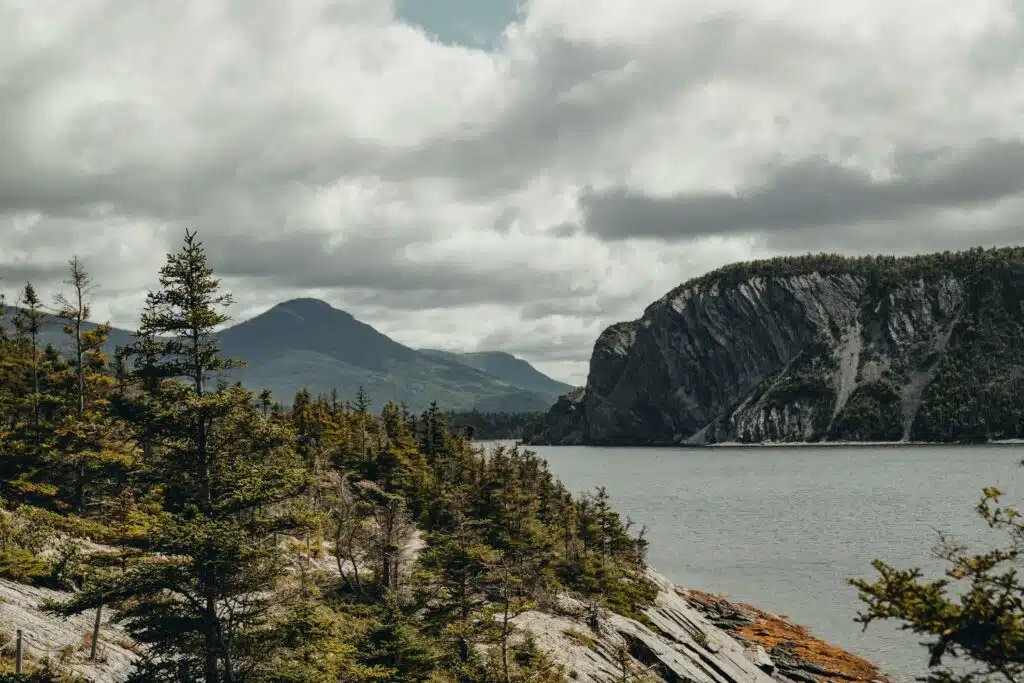
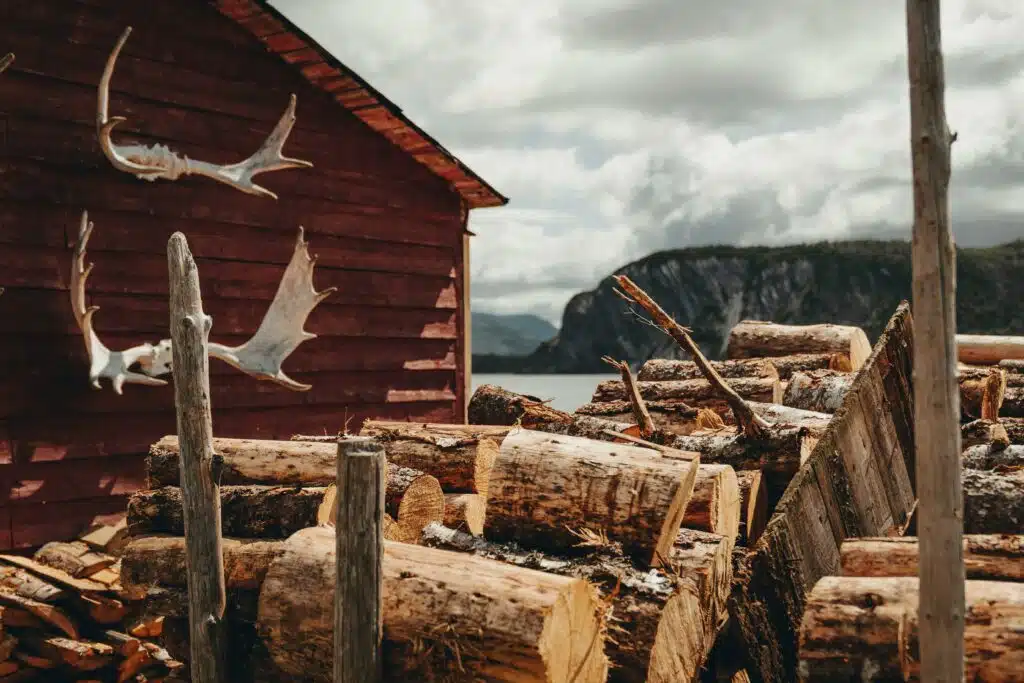
What to See and Explore in Gros Morne National Park
- Tablelands:
- Explore this unique geological feature, where the Earth’s mantle is exposed, creating a barren, Mars-like landscape. Guided tours are available to explain the geological history.
- Western Brook Pond:
- Take a boat tour of this stunning freshwater fjord, surrounded by towering cliffs and waterfalls. The hike to the pond is approximately 3 kilometers (1.9 miles) each way.
- Gros Morne Mountain:
- Hike to the summit for panoramic views of the park. This challenging 16-kilometer (10-mile) round-trip trail is best suited for experienced hikers.
- Green Gardens:
- Enjoy coastal views, sea stacks, and meadows on this moderate 9-kilometer (5.6-mile) round-trip hike.
- Lobster Cove Head Lighthouse:
- Visit this historic lighthouse for spectacular views and explore its exhibits on local history and marine life.
- Discovery Centre:
- Learn about the park’s natural and cultural history through interactive exhibits and programs.
- Baker’s Brook Falls:
- Hike a gentle trail to these beautiful cascading waterfalls, a round trip of about 10 kilometers (6.2 miles).
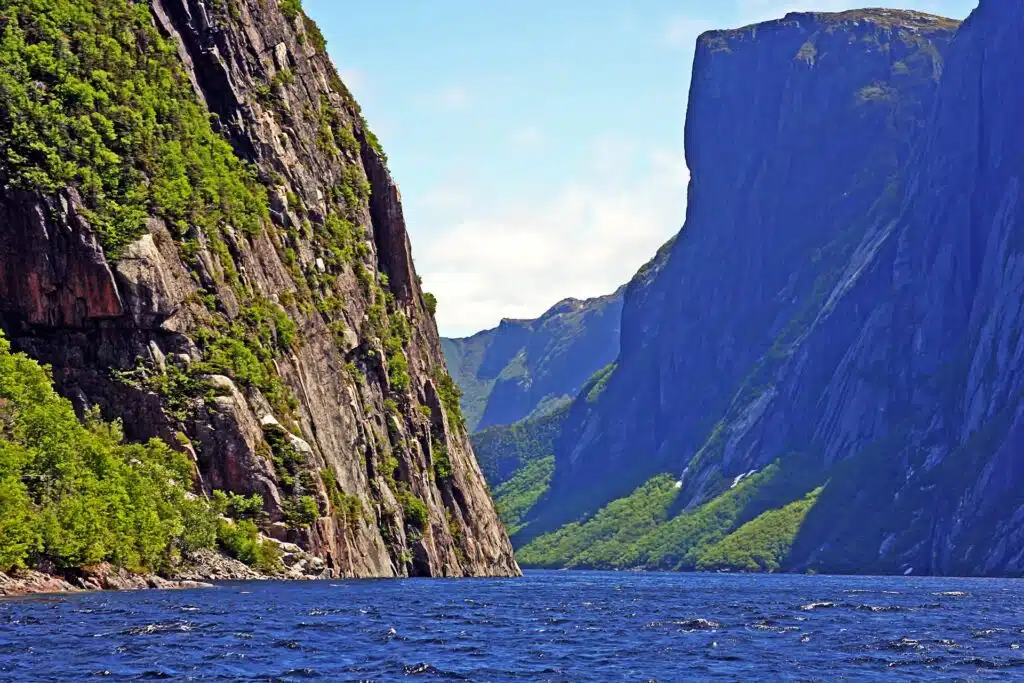
Tips for Visiting the Gros Morne National Park
- Weather: Weather can change rapidly, so dress in layers and bring rain gear, especially if hiking.
- Safety: Be bear-aware and follow park guidelines for wildlife encounters. Keep a safe distance from animals and store food properly.
- Trail Conditions: Check trail conditions at the park’s visitor centers, especially before embarking on longer hikes like Gros Morne Mountain.
- Accommodations: Book accommodations early, particularly during the summer months, as lodging within and around the park can fill up quickly.
- Guided Tours: Consider joining guided tours for insights into the park’s geology and ecology, particularly in the Tablelands.
- Photography: Bring a camera to capture the stunning landscapes and wildlife. Sunrise and sunset offer particularly beautiful lighting.
Best Ways to Travel to Gros Morne National Park
- By Air:
- Fly into Deer Lake Regional Airport (YDF), which is about 30 kilometers (19 miles) from the park. Car rentals are available at the airport.
- By Car:
- Gros Morne is accessible via the Trans-Canada Highway (Route 1). The park’s main entrance is along Route 430 (The Viking Trail).
- By Ferry:
- If arriving from mainland Canada, take a ferry to Port aux Basques from North Sydney, Nova Scotia, and drive approximately 300 kilometers (186 miles) to the park.
Gros Morne National Park offers a unique combination of natural beauty, adventure, and learning opportunities, making it a must-visit destination for nature enthusiasts and explorers.






